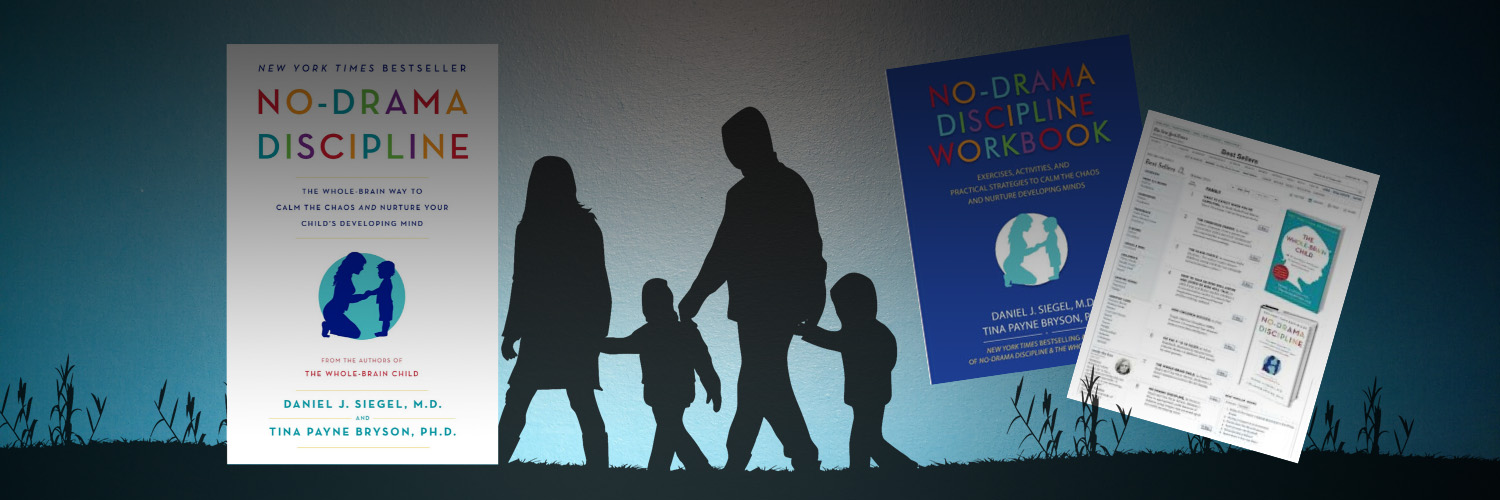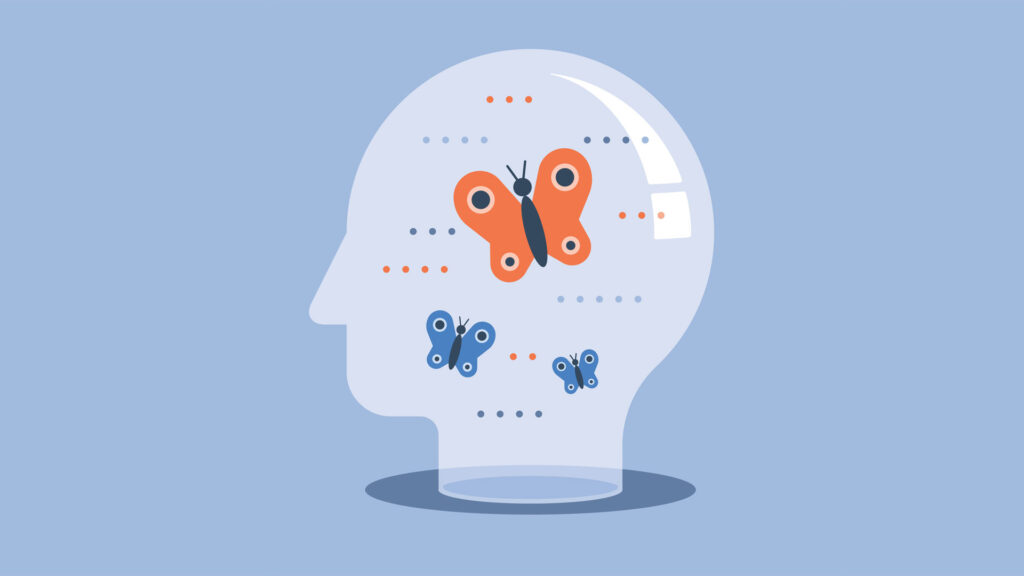About No Drama-Discipline
Highlighting the fascinating link between a child’s neurological development and the way a parent reacts to misbehavior, No-Drama Discipline provides an effective, compassionate road map for dealing with tantrums, tensions, and tears—without causing a scene.
Defining the true meaning of the “d” word (to instruct, not to shout or reprimand), the authors explain how to reach your child, redirect emotions, and turn a meltdown into an opportunity for growth. By doing so, the cycle of negative behavior (and punishment) is essentially brought to a halt, as problem solving becomes a win/win situation. Inside this sanity-saving guide you’ll discover:
• Strategies that help parents identify their own discipline philosophy—and master the best methods to communicate the lessons they are trying to impart
• Facts on child brain development—and what kind of discipline is most appropriate and constructive at all ages and stages
• The way to calmly and lovingly connect with a child—no matter how extreme the behavior—while still setting clear and consistent limits
• Tips for navigating your child through a tantrum to achieve insight, empathy, and repair
• Twenty discipline mistakes even the best parents make—and how to stay focused on the principles of whole-brain parenting and discipline techniques
About the companion workbook for No-Drama Discipline
Based on their New York Times bestselling book No-Drama Discipline, internationally acclaimed neuropsychiatrist Daniel J. Siegel, MD, and brain-based parenting expert Tina Payne Bryson, PhD, have created a guide to manage and reduce drama in your interactions with your kids, and even decrease the amount of time you spend having to discipline.
The goal is simple: discipline less on autopilot by developing a set of principles and strategies based on your own family dynamics. These stories, reflections, and exercises will help you think more deeply about the way you communicate with your kids, and provide opportunities for peaceful and nurturing conflict resolution.
Some of the skills you’ll learn:
• Develop clear and consistent strategies for responding to misbehavior.
• Move from tantrum to tranquility by connecting and calming.
• Apply the three “Brain C’s” and understand how neuroscience impacts your disciplinary decisions.
• Practice tips to remain firm and consistent in your discipline, while communicating with warmth, love, respect, and compassion.
• Teach your child life lessons on how to relate to others, how to handle difficult situations, and how to control emotions and impulses.
• Engage with the interactive format, journaling to integrate ideas into your parenting approach.



